
Climate Change Sparks Red Cross Disaster Action Team
MILWAUKEE, Wis. (CIVIC MEDIA) – Natural disasters like floods, tornadoes, and even fires are hitting Wisconsin more than ever, and the American Red Cross needs help.
The Wisconsin chapter of the American Red Cross is trying to reinforce and strengthen their Disaster Action Team.
“We’re noticing that the U.S. as a whole is seeing more and more disasters over the last few years. The number of large scale disasters have been increasing. Which is why we need more volunteers. It’s more of a let’s plan and prepare.” says Jennifer Warren, the Regional Communications Director for the American Red Cross of Wisconsin.
Trained disaster responders’ duties are to offer immediate relief, shelter, and compassion after events like floods, fires and other local and national emergencies.
“If your home has a fire, the fire department is there and the Red Cross will also show up. Providing you with blankets and shelter. If it’s an apartment fire we might open a shelter so those residents have a place to go until they figure out the next steps.”
Shelters are open seven days a week and 24 hours a day, and they say finding people to staff it for that long is difficult.
“It’s open for as long as it takes to find all residents’ alternative housing, which could be days to weeks.”
Whether you can give a day, a week, or a weekend, your time could be the difference between chaos and comfort for a local family in need.
No previous experience is needed. “This position is very important.” says Warren. Opportunities range from short-term disaster assignments to long-term leadership roles. Free and flexible training is offered online, through the American Red Cross website.
“You provide people with emotional support on their darkest day. Helping them recover from their worst moment.” explains Warren.
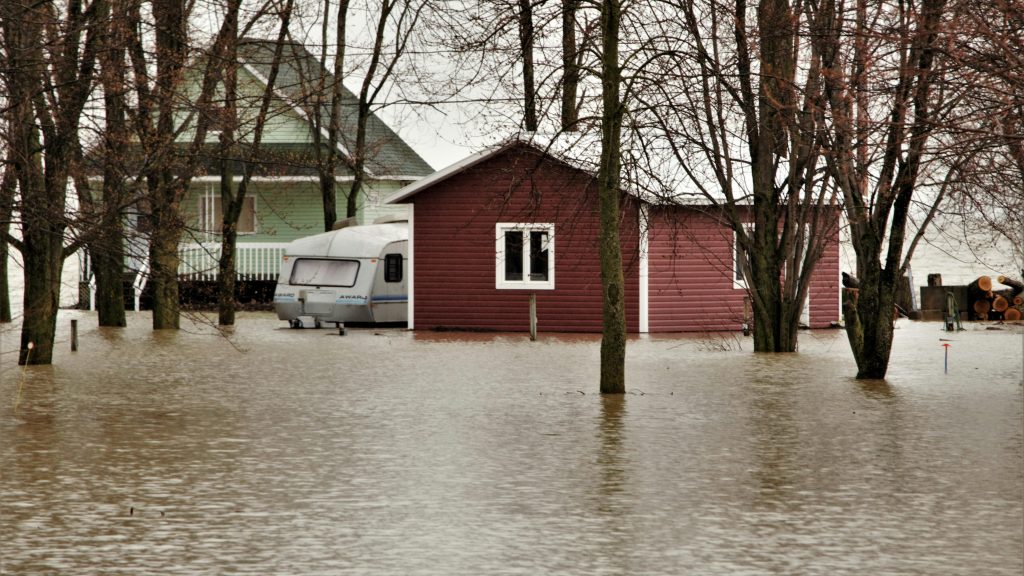
The American Red Cross in Wisconsin has five chapters across the state. The northwest chapter is at Eau Claire, and the northeast is in Green Bay; northcentral is in Wausau; a southwest chapter is in Madison, and the headquarters is located in the southeast, in Milwaukee. “We have pulled volunteers from all 5 chapters to help with the response to the Milwaukee flooding.” explains Warren.
“Most have a Red Cross ‘moment’. Where something you experience really touches you personally. Like an impact moment that truly explains why we are doing what we are doing.” says Warren.
Wisconsin has witnessed the impact of climate change lately; for the first time, the state had a tornado touch down in Feb., and a 1000-year Milwaukee flood caused millions of dollars in damage in Aug. Wisconsin is forecasted to have more intense and frequent heavy rain events in the future.
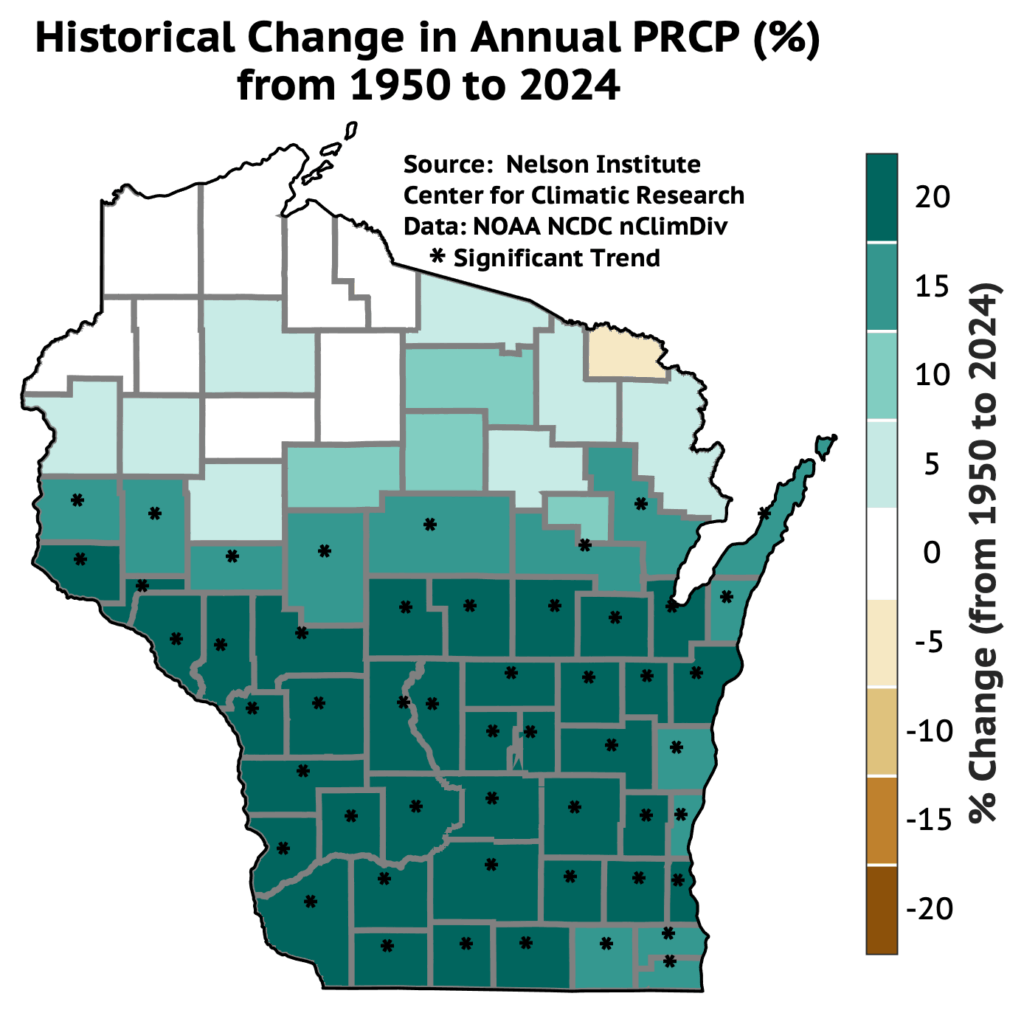
A significant increase in precipitation has already been seen, and the rain is still trending for the southern half of Wisconsin.
“People that have gone through the Milwaukee flooding are overwhelmed. They are tired and are looking for some help.” says Warren.
More rivers are expected to rise, eroding soil and coastlines, washing out roads and bridges, breaking dams, and overwhelming sewers and wastewater treatment plants, says the Department of Natural Resources.
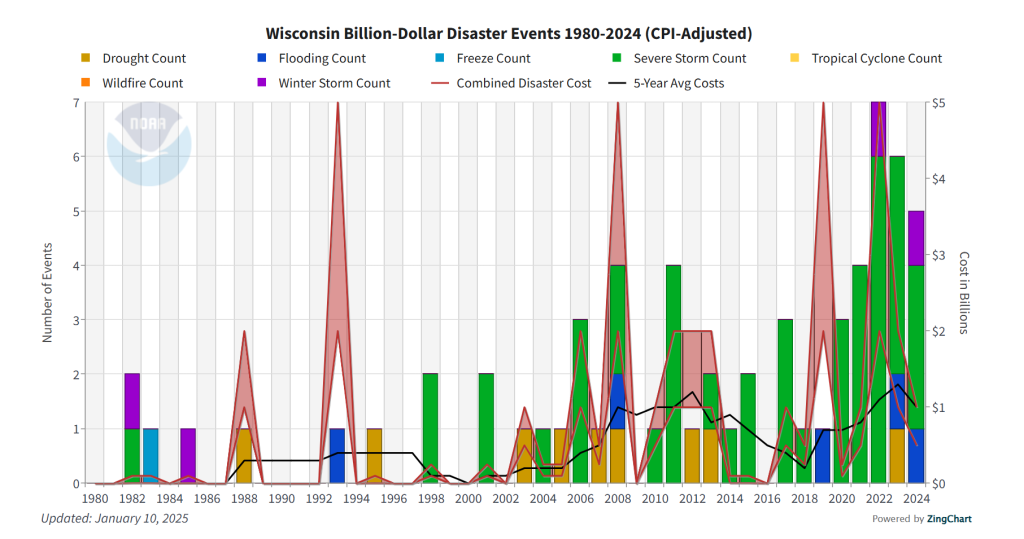
NOAA reports that over the past 44 years, there have been 63 major weather disasters in Wisconsin, causing over $1 billion in damage each.
Nine were drought events, five were floods, one was a freeze, and there were 44 severe storms and four winter storms. The yearly average for our state used to be just shy of 1.5 natural disasters.
In the most recent five years, it has now spiked five major events annually.
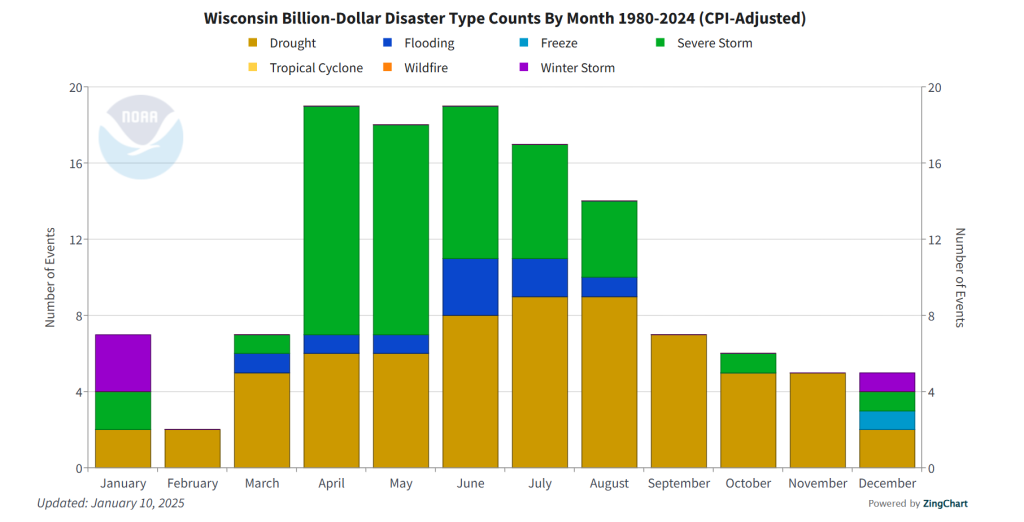
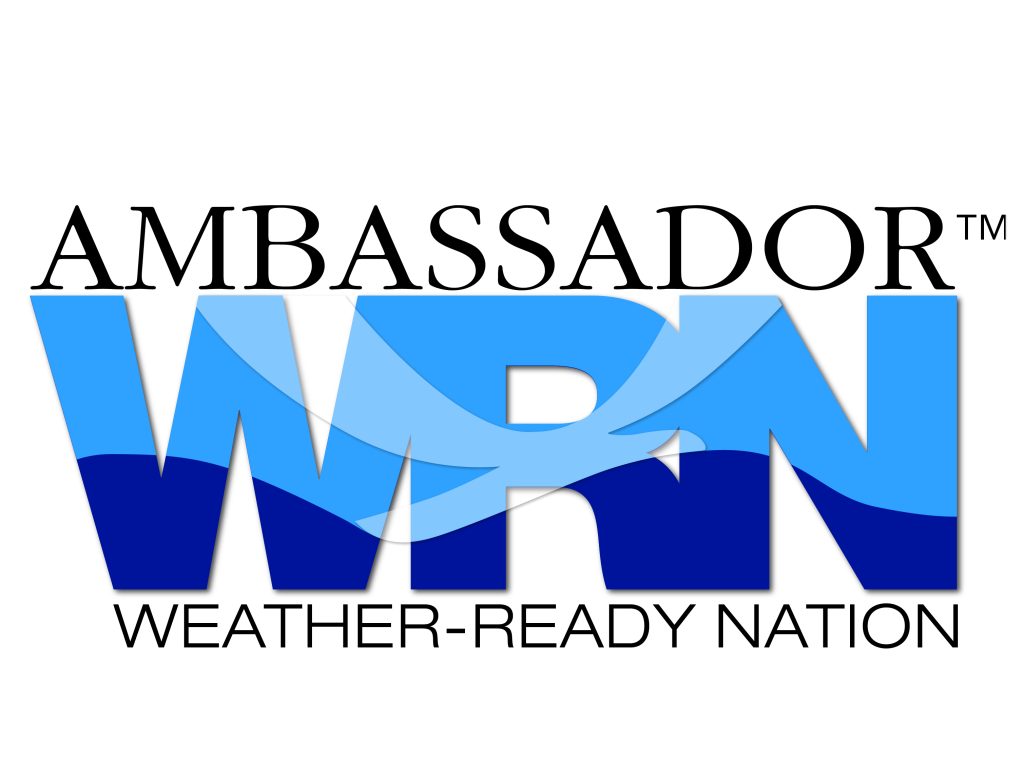

Brittney Merlot is Civic Media’s Meteorologist. Email her at brittney.merlot@civicmedia.us.
Want More Local News?
Civic Media
Civic Media Inc.
The Civic Media App
Put us in your pocket.
